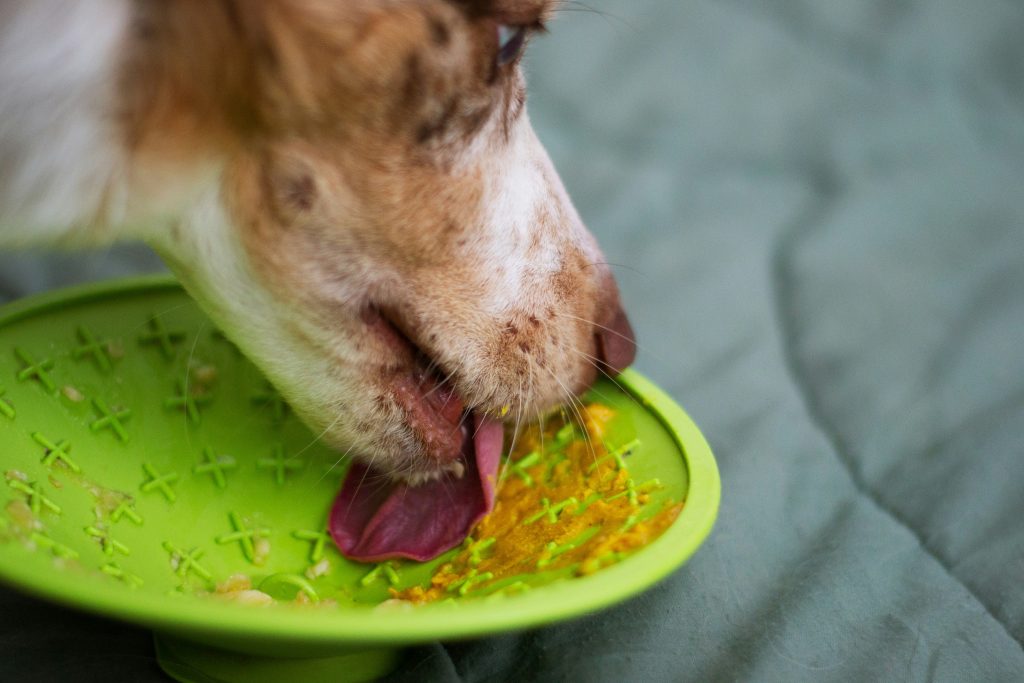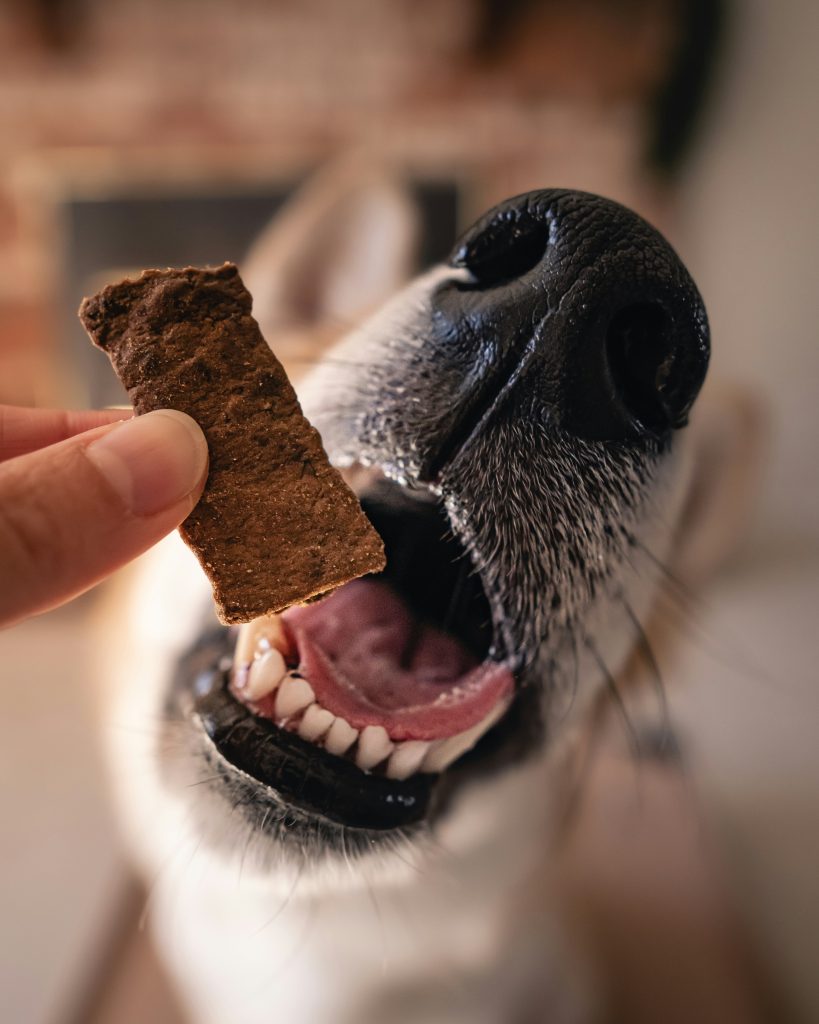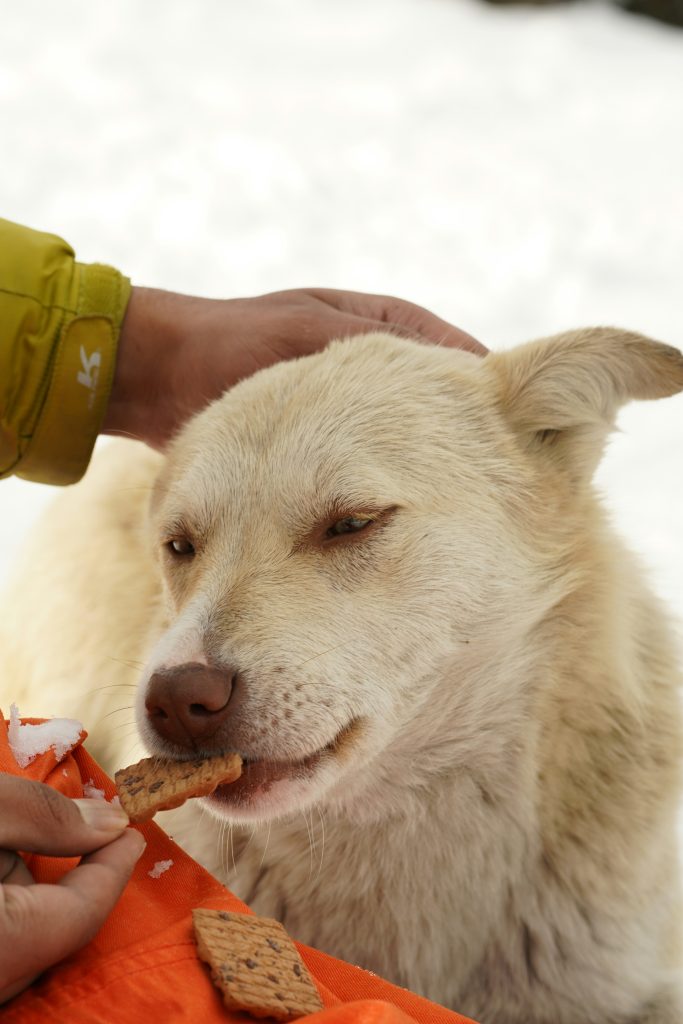Healthy Food Additives to Help Your Dog Gain Weight
If your dog is underweight, it can be a cause for concern. Whether it’s due to a health issue, a picky appetite, or recovering from illness, helping your pup put on some healthy pounds may be necessary. Fortunately, there are several food additives you can incorporate into your dog’s meals to support safe and steady weight gain.
1. Healthy Fats
Fats are calorie-dense and can be a great way to add extra energy to your dog’s diet. But not all fats are created equal—stick to healthy, natural options.
-
Fish oil – Rich in omega-3 fatty acids, fish oil not only promotes weight gain but also improves skin, coat, and joint health.
-
Coconut oil – Easily digestible and provides a quick source of energy.
-
Olive oil – A simple pantry addition that adds calories and flavor.
Start with small amounts (1 tsp for small dogs, up to 1 tbsp for large dogs) and monitor your dog’s tolerance.
2. Nut Butters
Natural peanut butter or almond butter (unsweetened and xylitol-free) can be a tasty and nutritious treat.
-
Adds calories
-
Provides protein and healthy fats
-
Can be used to hide medications or top kibble
Moderation is key—nut butters are rich, so just a spoonful can go a long way.
3. High-Calorie Dog Food Toppers
There are plenty of commercial toppers designed specifically to boost calorie intake. Look for options with:
-
Real meat as the first ingredient
-
No artificial additives
-
Added vitamins and minerals
These come in forms like gravies, freeze-dried raw bits, or wet food enhancements.
4. Eggs
Eggs are a great source of protein, fat, and essential amino acids. You can scramble or boil them—just make sure they’re cooked thoroughly to avoid the risk of salmonella.
Note: Some dogs may be allergic to eggs, so start slow and watch for any signs of sensitivity.
5. Pumpkin or Sweet Potato
While not super high in calories, adding a bit of pure pumpkin or cooked sweet potato can improve digestion and appetite, which helps encourage consistent eating.
-
High in fiber
-
Gentle on the stomach
-
Rich in nutrients
Just a spoonful mixed in with meals can make a big difference.
6. Raw or Cooked Meats
Adding in lean cooked meats like chicken, turkey, or beef can give your dog a protein boost. If you’re exploring raw feeding, consult your vet first to ensure a balanced approach.
Avoid fatty cuts, spices, and bones.
Pro Tips for Weight Gain
-
Feed more frequently: Split daily meals into 3–4 portions to keep your dog interested and reduce stomach strain.
-
Track progress: Weigh your dog weekly and adjust portions as needed.
-
Check for medical causes: If your dog won’t gain weight despite extra calories, a vet visit is crucial.
Helping your dog reach a healthy weight takes time, but with the right food additives and a little patience, your pup will be back to full strength in no time. Always introduce new foods gradually and consult your vet if you’re unsure about any dietary changes.



